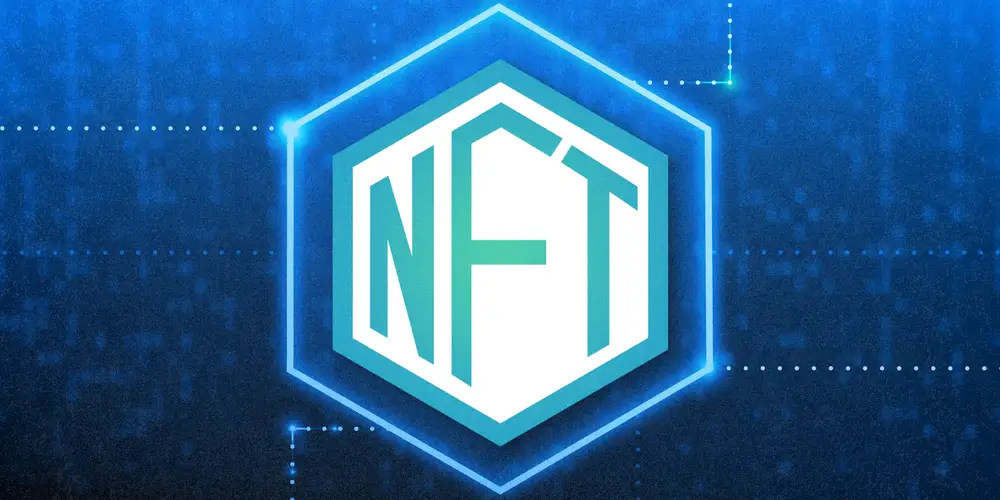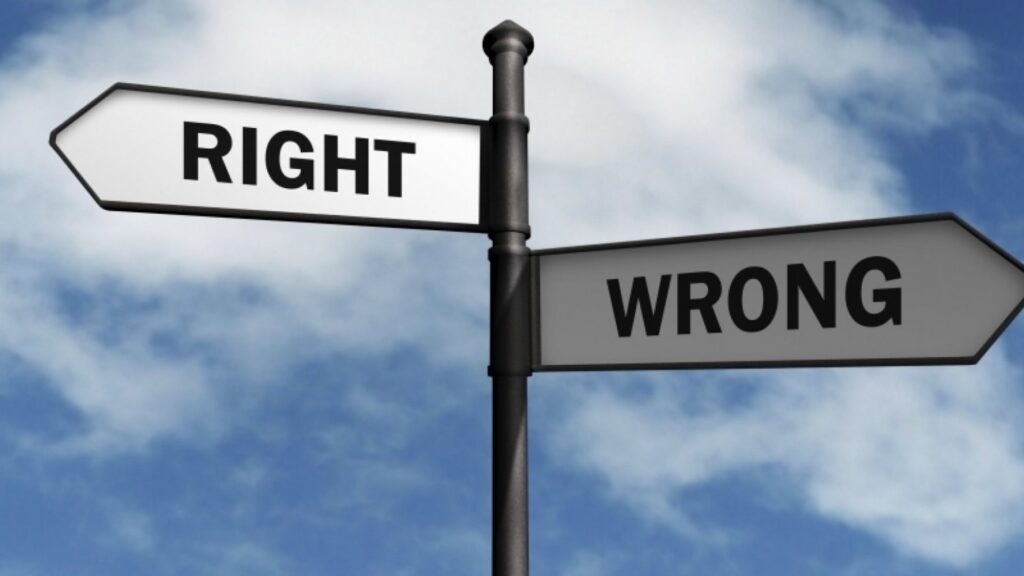
What are NFTs?
At a high level, the way I think of NFTs or Non-Fungible Tokens is that it’s an incredibly arcane way to describe something that you can’t touch but could potentially own. This isn’t a fully inclusive definition but it’s where my mind goes. Usually, NFTs cover a form of intellectual property. Think of digital art, music, unique video game assets, or a percentage of ownership into something like a screenplay or movie production. To make it really high level, a person could think of it as the digital form of a trading card that you could own.

What is composed of NFT technology?
NFTs, at least as of this writing, primarily leverage blockchain technology – specifically the Ethereum blockchain. The Ethereum blockchain was designed to allow for not only the Ethereum cryptocurrency but also for secure transactions which enable publicly available information that cannot be modified (or ‘immutable’ – which is where the secure language is focused). So the result is a publicly accessible ledger that has entries for digital assets trading hands.

Is this solving an already solved problem for selling digital assets?
Yes and no. While there have been digital marketplaces to sell games, music, movies, etc. for decades at this point – what NFT technology brings into the mix is the public availability and company agnostic way of sharing information and records of transactions that can easily show the chain of ownership and who owns an asset currently. For example today you can buy a license to “own” Marvel’s The Avengers from Amazon instant video as an example and you can stream it to your television and enjoy it as long as the license allows or for as long as Amazon is still in business. Only you and Amazon as a company have a record of that transaction and are only viable for as long as Amazon is in business.
An NFT on the other hand could be used as proof of ownership to traverse more broadly than a single company (or seller) and can be used as a more ‘proof of ownership’ record (with caveats) for example speculative investment rather than simple licensing.

So if I buy an NFT, will I own it and all rights associated with that digital asset?
While it’s possible for that to occur, more often than not, the answer to that question is ‘no’. There are multiple examples of people (or corporations) obtaining incredible profit (millions of dollars in some cases) by selling NFTs that have very minimal to no force and effect.

Why are so many people (especially gamers) upset about NFTs?
Corporations seem to be viewing NFTs as a very low overhead way to make a lot of money. Taking Konami as an example – they recently held an auction to sell NFTs (either animated gifs or screenshots of 35-year-old games). Recent comments from Konami have alluded to the NFTs being primarily for commemorative or collectible art. While not inaccurate, the concept of selling/auctioning off a series of screenshots as NFTs (which netted Konami over $26,000) feels to the gaming community like a low-value ploy to separate players from their money.
This consensus of a low to no value to consumer way to drum up money for gaming companies has been consistent. Gaming is considered a fairly expensive hobby as a new AAA/premium video game is $70 with upsells to $80 or $100+ for special editions. Taking that and layering in the decade+ issues gamers have had with companies that are blind cash grabs like (to name just a few off the top of my head):
- Horse Armor or Story Content DLC – companies were found to be shipping downloadable content that just felt greedy or were intentionally shipping an incomplete game hoping to upsell you for the final act or pivotal character moments of the game.
- Diablo 3 Auction House – This felt a little too much like pay-to-win on top of paying full price for a premium game, gamers were afforded the option to buy the best armor, weapons and items in the game that
- Loot box / Blind Boxes (aka – EA business practices) – EA leaps to mind here, players were consistently outraged by the expectation to purchase a full price game and then have to grind or outright spend money for the *chance* to get what they want via a blind-odds box of content. It was so egregious that the US Government held hearings and internationally bans were put in place because of the tie blind odds-based boxes had to gambling. There are multiple stories of lives being ruined by poor choices people made in this space that’s fascinating to look at, though the conversation reached such a fever pitch that internationally governments were meeting about the topic.
NFTs feel like the latest abusive cash grab companies are reaching for, and the gaming community is not shy about expressing displeasure about it. ACG on youtube has a good video on it I’d recommend checking out.

This is mostly gross, is there any positive side to it?
Any technology allows for positive or negative but is up to the user as to how it’s ultimately used. Up to this point, the examples I’ve seen or are aware of are specific to ridiculous personal or corporate cash grabs. The technology can be used in a positive way to support up-and-coming artists by sponsoring their work by owning part (or all) of a song. Supporting a director or any kind of artist to produce art by funding them but getting a level of ownership out of the investment. NFTs could also be used for publicly tracking domain name ownership and other items that are a bit arcane to trace.
As with most of these newer technologies, time will ultimately tell how it will be used in the long term.